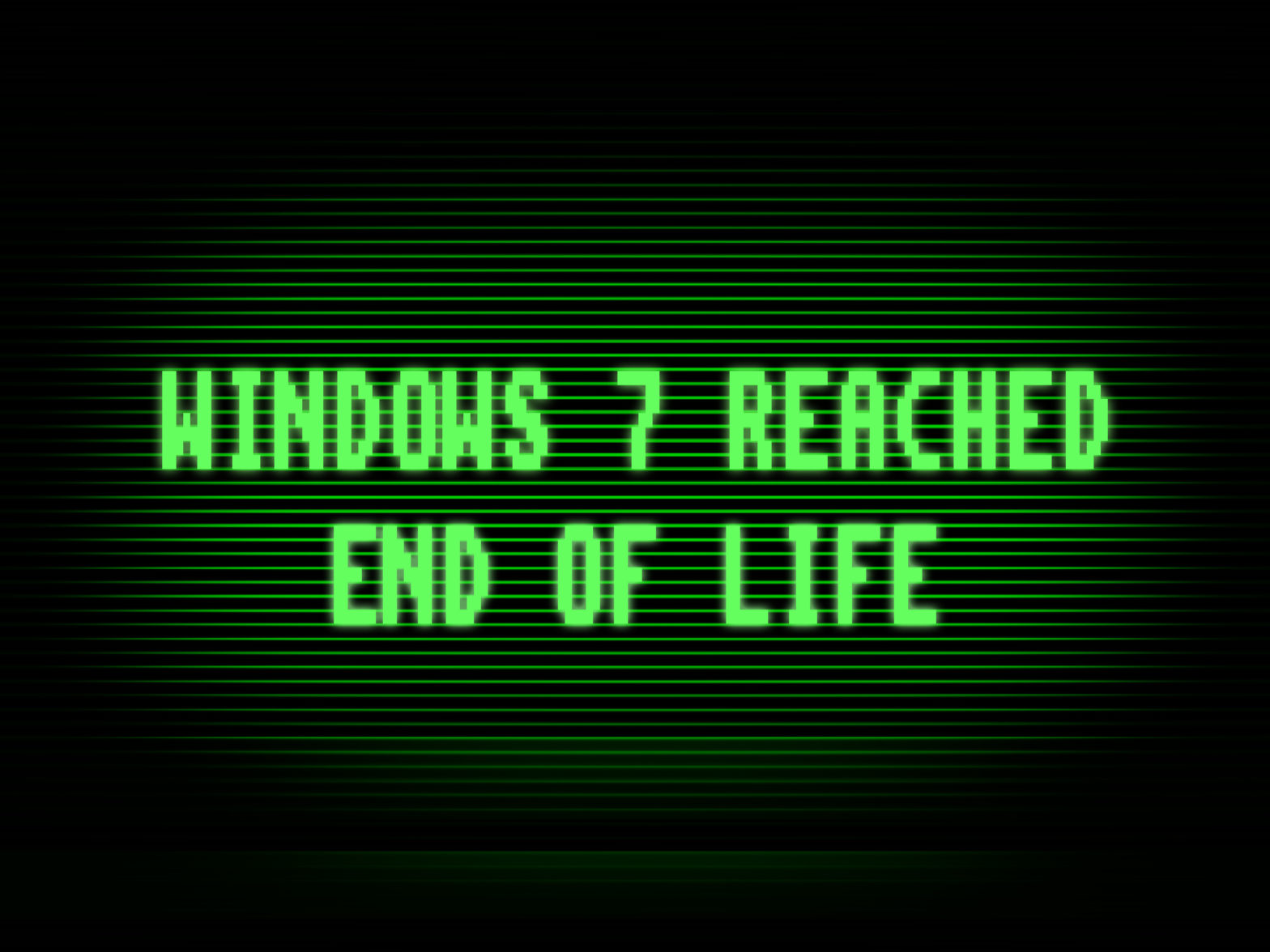A recent survey shows almost a quarter of PC users are running outdated operating systems. Without upgrading, those users run the risk of exposing themselves to threat actors.
Modernization is a term business leaders hear on a regular basis. Every business should have a regular modernization cycle, one which not only keeps your systems and processes updated and secure, but also eliminates tech debt. Keeping tech debt paid down, systems and processes updated and secure means that the business is more profitable and more efficient. But modernization also comes with its own cost, sometimes systems can’t be updated and have to be replaced. Such is the case with operating systems. It is imperative that businesses utilize the most up-to-date OS to ensure support, stability and security. So why are almost a quarter of PCs in use today still running on outdated and unsupported foundations?
Yes, you read that right. Almost a quarter of PC users, 22% to be exact, are still using Windows 7, even though it stopped receiving support in January 2020. End-of-life operating systems are incredibly dangerous for users, whether consumer or business, because security vulnerabilities and other problem areas are no longer supported and patched. It leaves the machine wide open to an attack.
On April 26, cybersecurity firm Kaspersky released survey results revealing the staggering statistic. The good news, though, is that 72% of PC users are using the latest version of Windows 10.
“Updating your operating system might seem like a nuisance for many. But OS updates are not just there just to fix errors, or to enable the newest interface. The procedure introduces fixes for those bugs that can open a gaping door for cybercriminals to enter. Even if you think you are vigilant and protected while online, updating your OS is an essential element of security that should not be overlooked, regardless of any third-party security solution’s presence. If [an] OS is obsolete, it can no longer receive these critical updates. If your house is old and crumbling, there is no point to install a new door. It makes more sense to find a new home, sooner rather than later. The same attitude is needed when it comes to ensuring the security of the operating system you trust with your valuable data every day,” comments Oleg Gorobets, Senior Product Marketing Manager at Kaspersky.
The users of these end-of-life systems are consumers, small and medium-sized businesses and very small businesses. SMBs and VSBs are unlikely to have a dedicated IT staff because they lack the budget, the funding and the understanding that it’s a necessary part of business today. Their greatest argument? It still works. Well, yes and no. It still works, but without effective security and the ability to have patches applied to vulnerabilities, now your business is ripe for any threat actor who wants your data. And don’t think that just because you’re a small business that threat actors won’t attack you, they definitely will. Data, information, is their form of currency. Your data, no matter how little of it you have or how arbitrary it is, makes a difference.
Go back to Gorobets’ analogy about the crumbling house. We’ve used a similar metaphor here: Don’t lock the door and leave a window open. The door lock won’t stop a criminal, they’ll pick the lock. If you leave a window open, they don’t even have to do that because they have an undetectable way inside your house. If the window is closed, then they try to pick the lock, which is why we also say that security should have layers. When one layer gets broken through, another rises to block an entry attempt.
But this isn’t just about security. When you run your business on a system that doesn’t have support, what are you going to do when that system fails? Your entire business is built on a fragile infrastructure, and if you aren’t backing it up regularly or updating your systems to keep them stable, when that system crashes, you’re losing your business.
There are a variety of reasons that businesses don’t upgrade or update their systems, every situation is different. But it is really important for businesses to remember the fragility they are building their business atop if they don’t modernize regularly. Not every business is capable of acquiring the latest tech and most up-to-date OS, but every business should be moving in that direction. Otherwise, without having the right tech, your business will struggle to stay relevant. If you can’t bring on IT staff, always consult an expert so you are set up for success.

